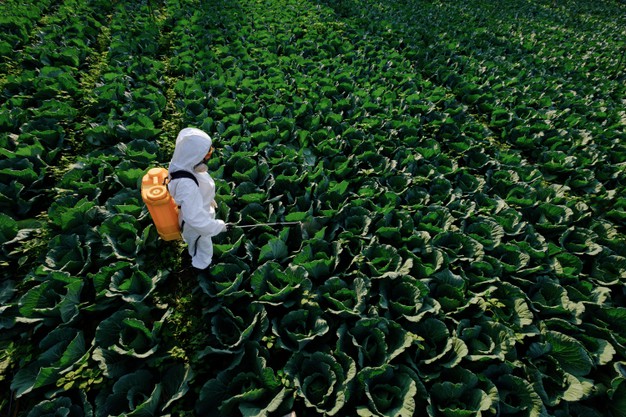Agriculture has been the biological basis of our survival on this planet for millions of years. But with modern and innovative farming techniques, agricultural pollution is becoming a serious concern. Readout in detail about its causes, effects, solutions, etc., in the following article.
Agriculture is a complex process that needs a perfect balance between crops and habitats to move the natural cycle smoothly. Without crops, survival is impossible and can lead to famines.
Farmers earlier used to pass their lands for generations as they used natural products that did not affect soil fertility for years. However, modern agriculture is degrading the quality of land, is shaking up the ecological balance, affecting humans and the economy by steaming up the pollution.
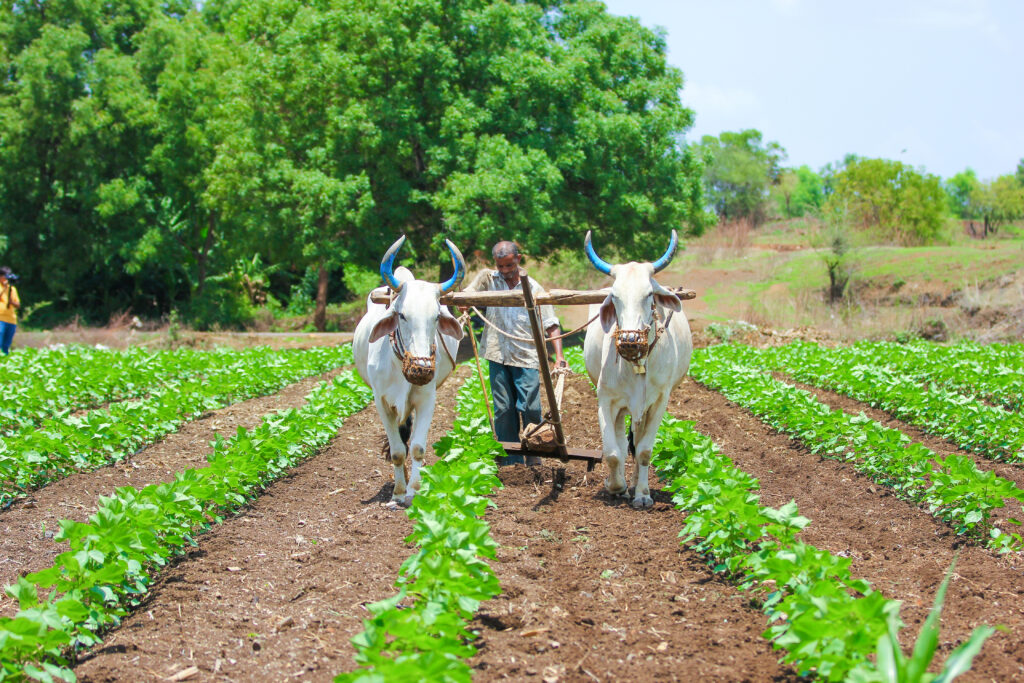
Below are some causes of the rising agriculture pollution:
- Pesticides and fertilizers
While pesticides and fertilizers are vital to control pests, they contain harmful chemicals & metals that degrades the quality of soil, plants, livestock, and water.
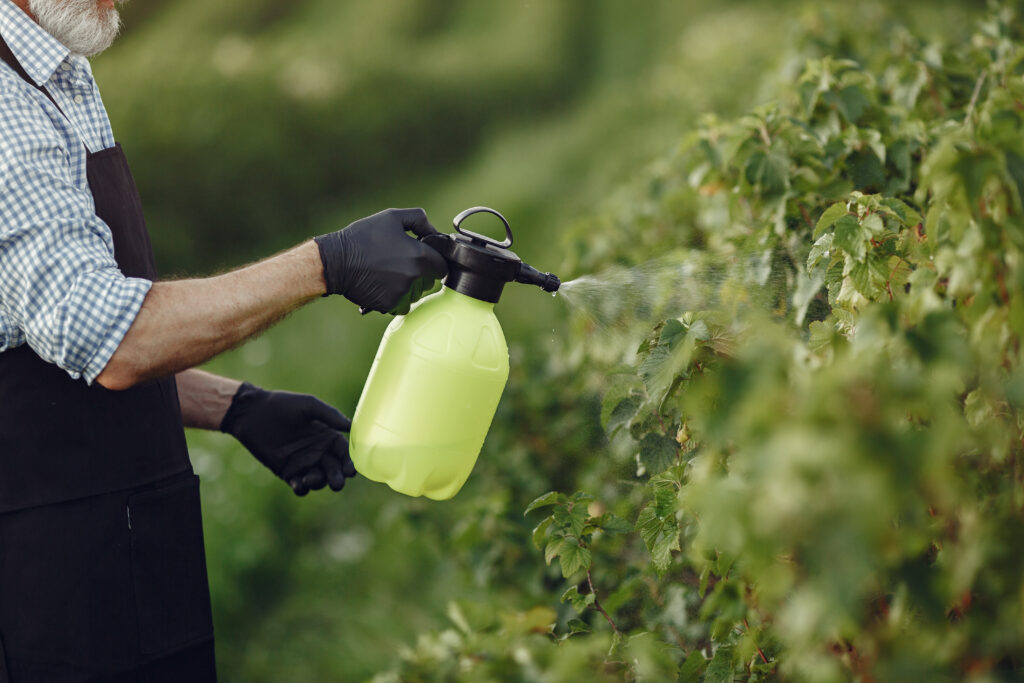
- Contaminated water
Most of the industrial waste is dumped in water bodies, contaminating them, which is used for irrigation. This chemical-filled water poisons the soil, resulting in crop failure.
- Soil erosion and sedimentation
With new farming tools, the land gets ineffective as the soil is left open for irreversible erosion. In addition, the sand sediments stream through various navigation channels, decreasing their flow.
What are the effects of agricultural pollution on the world?
- Degrading health
Pesticides and fertilizers absorbed by plants, soil, and mixed in the water affect the health of lakhs. These health issues increase the risk of blue baby syndrome in infants, malnutrition, immunodeficiency, malaria, and other food-borne diseases.

- Lowered crop yield
Although intensive agricultural techniques help grow crops faster, these decrease the quality of land for long-term use. In addition, toxic chemicals kill essential microorganisms and insects, which will reduce crop yield in the future.
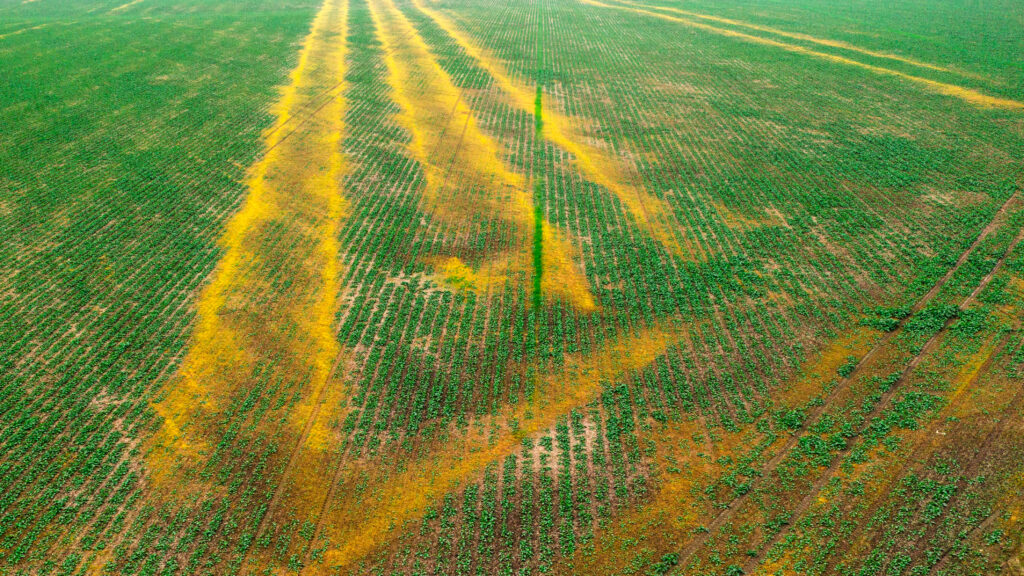
- Reducing soil fertility
Agrochemicals containing nitrogen, phosphorus, fluoride, and other greenhouse gases cause irreversible damage to soil, making it vulnerable to farming in the long run. These chemicals also contribute to soil pollution, which is becoming a rising concern globally.
- Air & water pollution
Latest machines like tractors, harvesters, etc., emit greenhouse gases in a large amount. Also, every year in Punjab and Haryana, waste from cropping is burnt, making their states and surrounding regions impossibly fogged and polluted.
Conventional farming makes toxins reach the lakes and rivers faster, eventually contaminating the groundwater reserves and decreasing clean drinking water availability.
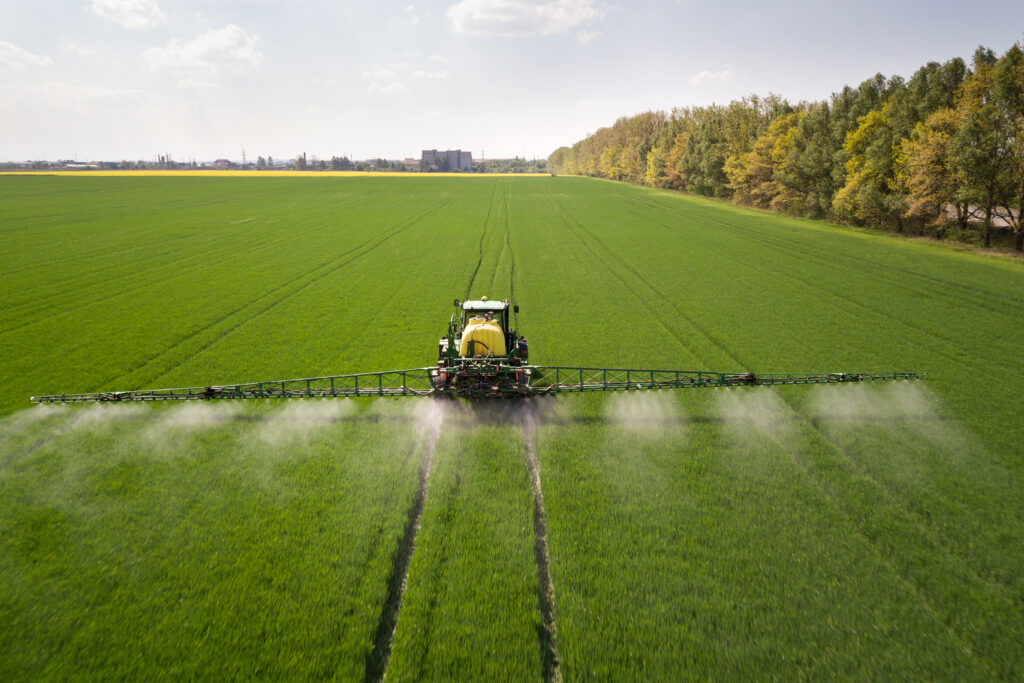
- Biodiversity loss
Soil-enhancing microbes are vanishing due to the excessive chemical indulgence affecting agricultural production and everything lined with it. As a result, the quality of the support system of biodiversity, i.e., plants, animals, marine life, wildlife, is degrading, altering the ecosystem.
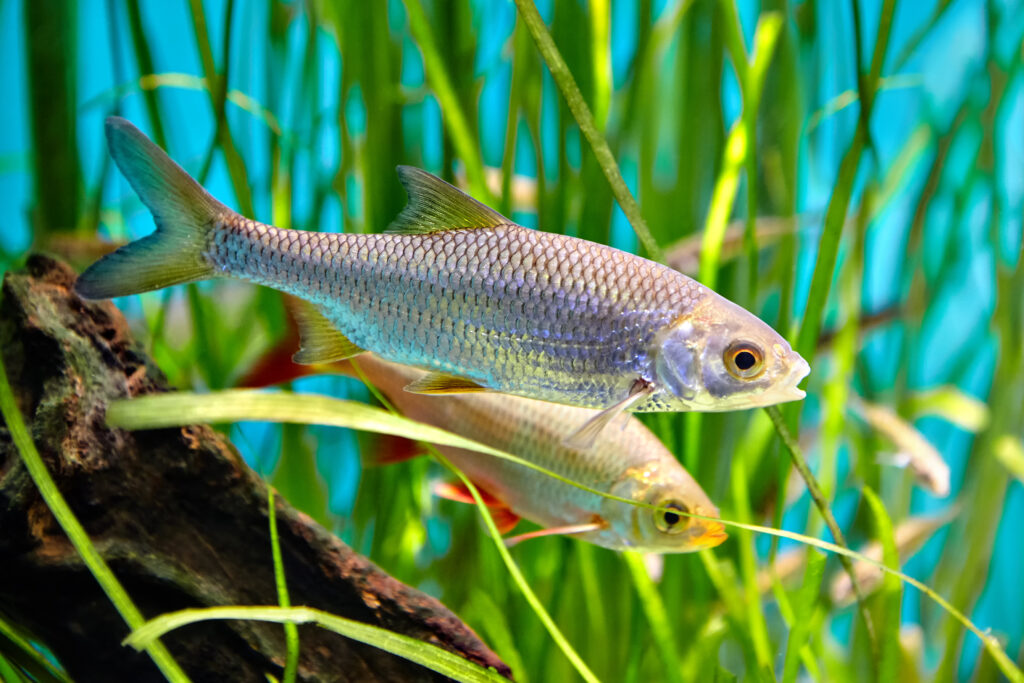
What can we do?
- Follow regulation
The government is trying to get stricter with its policies and regulations to check crop pollution. Different authorities are looking for alternative renewable ways to use crop waste.
- Aware farmers
Farmers sometimes don’t know about the harmful effects of chemicals on the crop and continue using pesticides or fungicides. Hence, it is critical to educate them of these effects so that they can apply their knowledge to reduce waste & mitigate pollution.
- Step back to the natural process
Traditional methods like manure composting, direct irrigation from local water bodies, minimal pest use can be helpful to control pollution. But, along with them, we need to look for new pollution-free techniques so that farming can be more productive.
It is not easy to control agricultural pollution, but it is not impossible. With everyone’s effort and support, we can make our farms clean and healthy. Hence, please make sure to follow government guidelines, and tell others to do the same.











